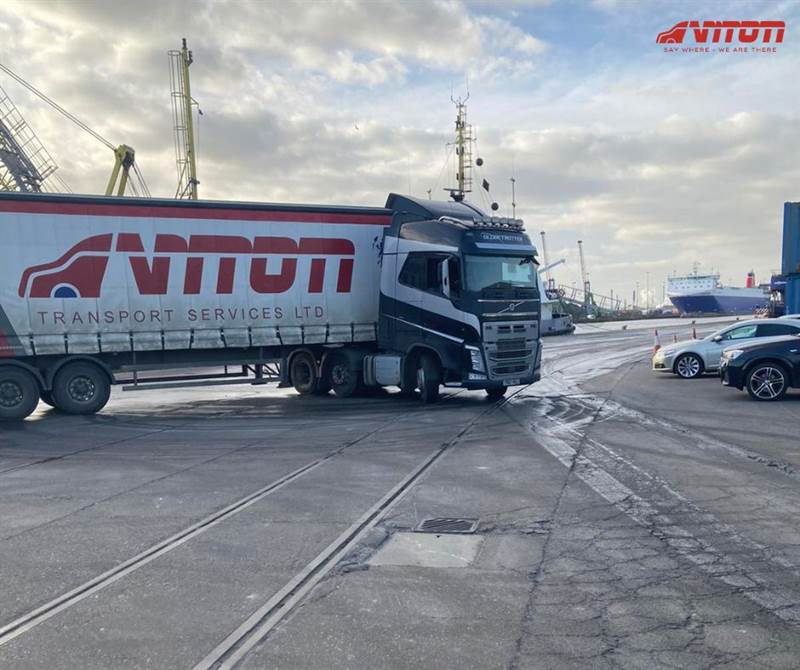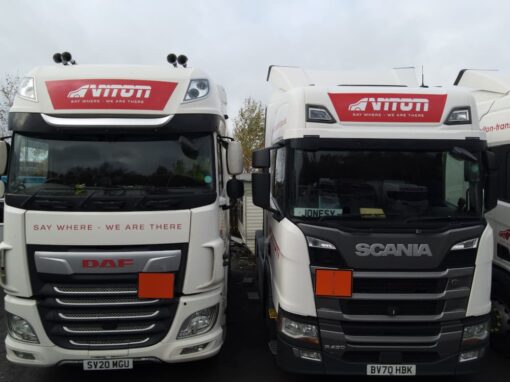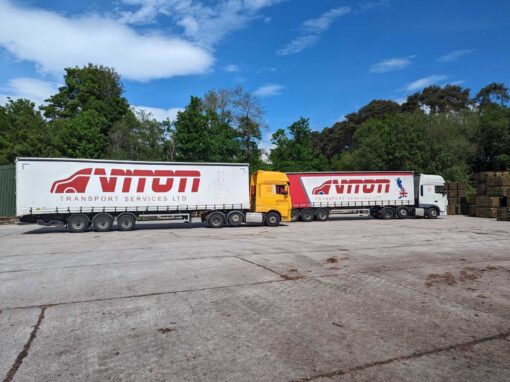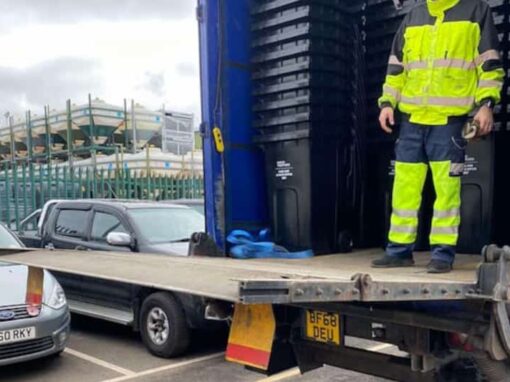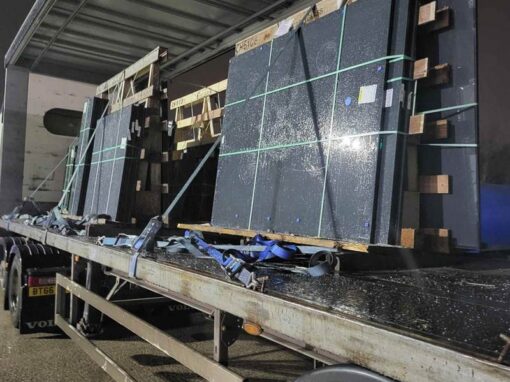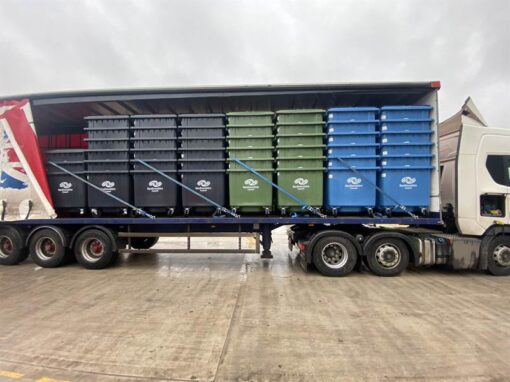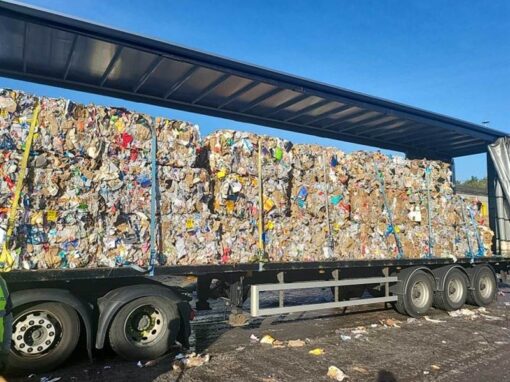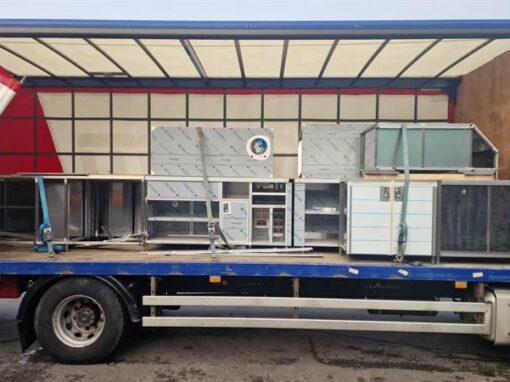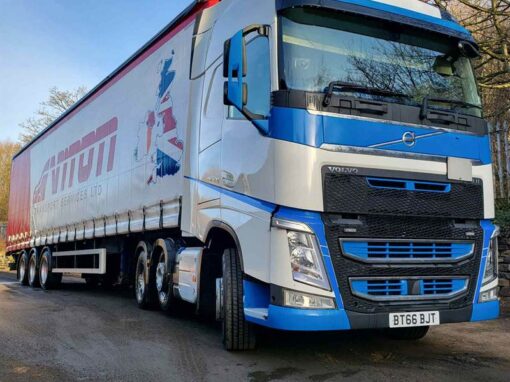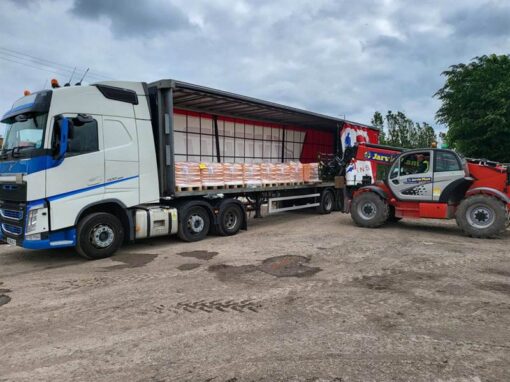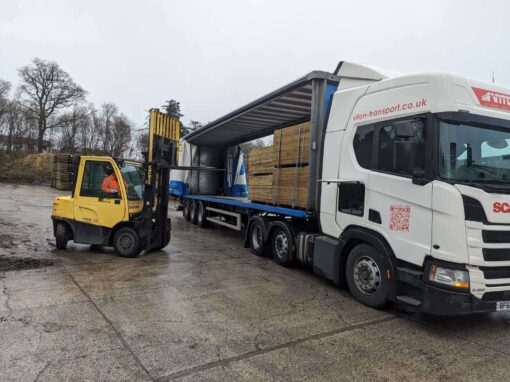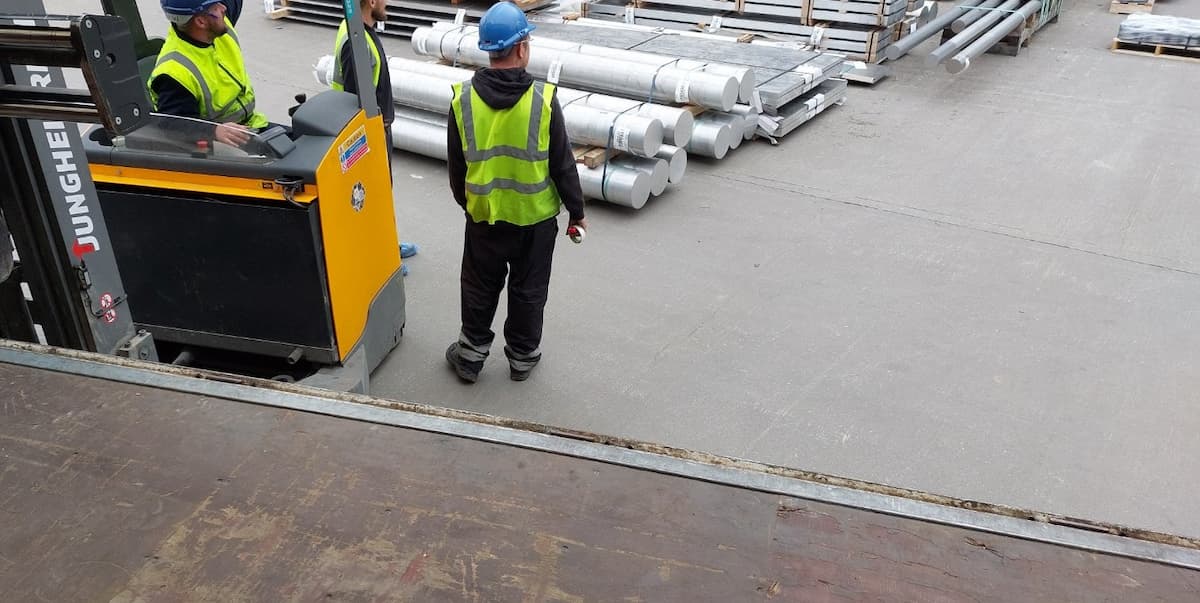Hybrid Freight Services Your Key to Overcoming 5 Logistics Pain Points
In today’s manufacturing landscape, collaborations with transport companies or freight forwarders are commonplace. Each option has its own set of pros and cons. Let’s delve into what it means for your business to partner with a hybrid service transport company, a provider that easily integrates both transport and freight forwarding services.
1. Multi-Level Service:
Logistics companies offer a comprehensive suite of services beyond just trucking, including same-day and next-day delivery, FTL and LTL shipping, various vehicle types, warehousing and storage, heavy hauling, and freight management.
Partnering with such a company allows you to streamline all your shipping requirements under one roof. This consolidation not only saves you time and money but also enhances customer service and boosts client satisfaction.
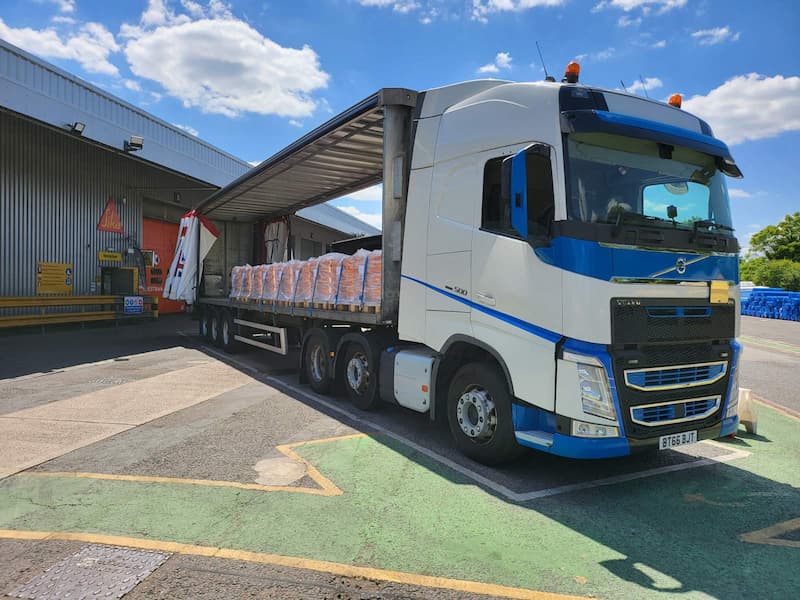
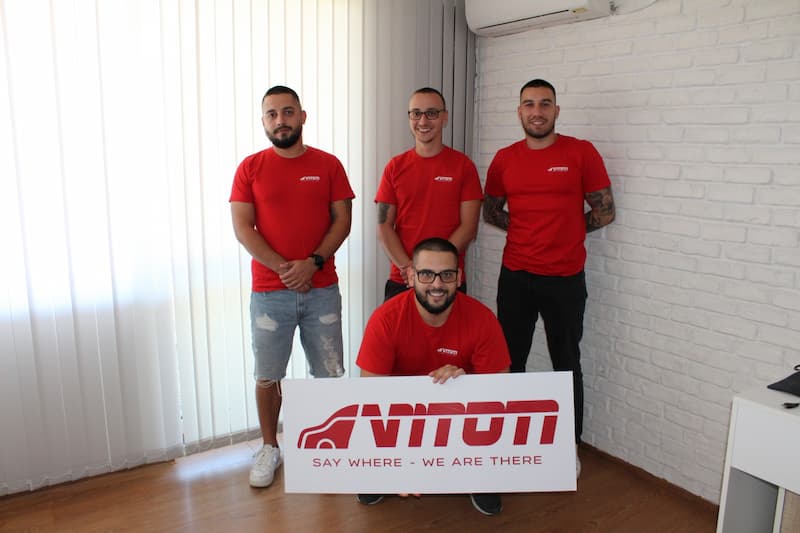
2. Entrustment Issues:
Even if you trust a company a lot, when you use freight forwarding, your stuff gets handed over to someone else. You won’t know what’s happening with it until it reaches where it’s supposed to go. Some freight forwarders might keep you updated, but it’s still a bit uncertain. That’s just how it goes in this industry.
3. Faster Communication:
Imagine the childhood game of telephone, but this time, your business is on the line. Cut out the middleman between you and the transportation provider to avoid miscommunications and delays.
Direct communication saves time and ensures you get answers promptly from a single point of contact. Plus, with on-site support from your carrier, your contact has firsthand knowledge of your project for efficient problem-solving.
4. Experience:
In project management, success hinges on various factors like route planning, site infrastructure, and dedicated support. However, selecting the right transportation provider can streamline the process.
Some carriers offer in-house expertise across these areas, ensuring efficient routing, obtaining permits, and conducting thorough route surveys to minimize risks. With established relationships with transportation departments, they can navigate restrictions and provide accurate arrival estimates, minimizing downtime for equipment.
5. Cost Savings:
Every day, we encounter price markups, where products pass through multiple hands before reaching us, each adding their own margin. Similarly, in the transportation industry, third-party involvement often means paying a premium for administrative costs and their profit margin.
Opting to work directly with the manufacturer or carrier can often result in lower costs. When you bypass intermediaries, like retailers or third-party logistics providers, you avoid covering their administrative expenses, resulting in more cost-effective solutions for your transportation needs.
